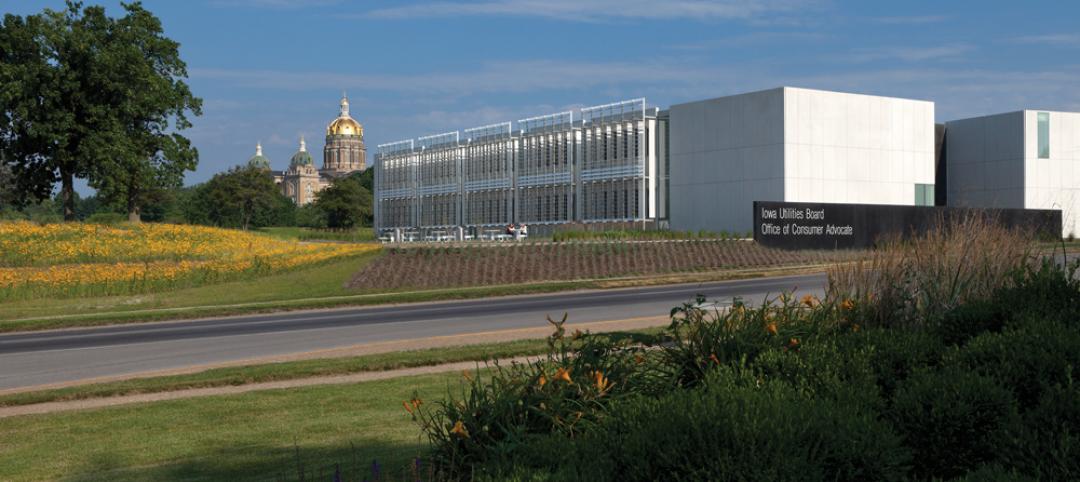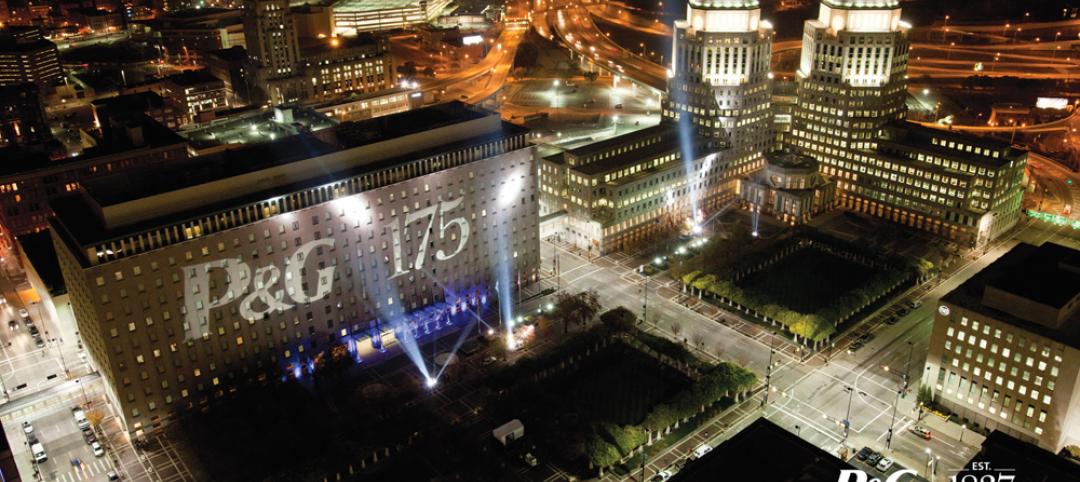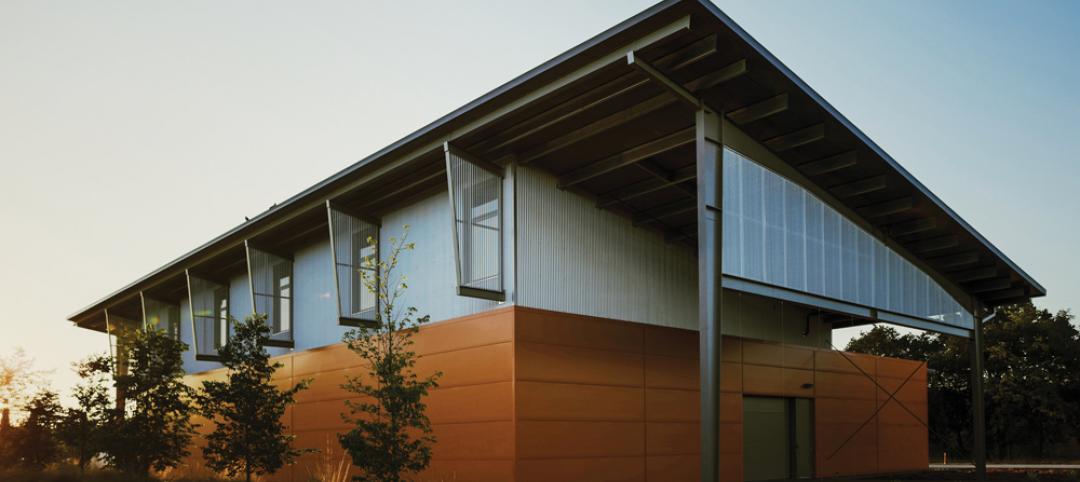The American Institute of Steel Construction (AISC) is now accepting proposals for the development of a best practices guide on the use of Building Information Modeling (BIM) that is consistent and cohesive with the checks and balances currently provided in the AISC Code of Standard Practice for Steel Buildings and Bridges.
The AISC Code Committee seeks assistance from BIM users including engineers, fabricators, erectors, detailers, architects and contractors, in identifying and documenting best practices to facilitate the long-term standardization of BIM in structural steel construction. Download the Request for Proposal form.
"The AISC Code reflects industry advancements and provides the AEC community with a useful framework for a common understanding of acceptable standards when contracting for structural steel," commented Charles J. Carter, S.E., P.E., Ph.D., AISC vice president and chief structural engineer. "However, few aspects of BIM have become standard. This has hampered the ability of the AISC Code Committee to incorporate provisions related to BIM into the Code."
Proposals are due by March 27, 2013, and may be submitted via email to AISC's Jie Zuo at zuo@aisc.org, or by mail to:
Jie Zuo
American Institute of Steel Construction
?1 E. Wacker Drive, Suite 700?
Chicago, IL 60601
About the American Institute of Steel Construction
The American Institute of Steel Construction, headquartered in Chicago, is a not-for-profit technical institute and trade association established in 1921 to serve the structural steel design community and construction industry. AISC's mission is to make structural steel the material of choice by being the leader in structural steel-related technical and market-building activities, including: specification and code development, research, education, technical assistance, quality certification, standardization, and market development. AISC has a long tradition of service to the steel construction industry of providing timely and reliable information.
Related Stories
| Nov 15, 2013
Halls of ivy keep getting greener and greener
Academic institutions have been testing the limits of energy-conserving technologies, devising new ways to pay for sustainability extras, and extending sustainability to the whole campus.
| Nov 15, 2013
Pedia-Pod: A state-of-the-art pediatric building module
This demonstration pediatric treatment building module is “kid-friendly,” offering a unique and cheerful environment where a child can feel most comfortable.
| Nov 15, 2013
Metal makes its mark on interior spaces
Beyond its long-standing role as a preferred material for a building’s structure and roof, metal is making its mark on interior spaces as well.
| Nov 14, 2013
Fan of Frank Lloyd Wright? Here's your chance to run his architecture school
The Frank Lloyd Wright School of Architecture has launched a search for a new director. Deadline for applications is January 6, 2014.
| Nov 13, 2013
Government work keeps green AEC firms busy
With the economy picking up, many stalled government contracts are reaching completion and earning their green credentials.
| Nov 13, 2013
First look: Renzo Piano's addition to Louis Kahn's Kimbell Art Museum [slideshow]
The $135 million, 101,130-sf colonnaded pavilion by the famed architect opens later this month.
| Nov 11, 2013
4 trends driving the recovering commercial construction sector
Jones Lang LaSalle research reveals a four-point “new look” for the post-recession construction industry.
| Nov 8, 2013
Oversized healthcare: How did we get here and how do we right-size?
Healthcare facilities, especially our nation's hospitals, have steadily become larger over the past couple of decades. The growth has occurred despite stabilization, and in some markets, a decline in inpatient utilization.
| Nov 8, 2013
Can Big Data help building owners slash op-ex budgets?
Real estate services giant Jones Lang LaSalle set out to answer these questions when it partnered with Pacific Controls to develop IntelliCommand, a 24/7 real-time remote monitoring and control service for its commercial real estate owner clients.
| Nov 8, 2013
S+T buildings embrace 'no excuses' approach to green labs
Some science-design experts once believed high levels of sustainability would be possible only for low-intensity labs in temperate zones. But recent projects prove otherwise.

















